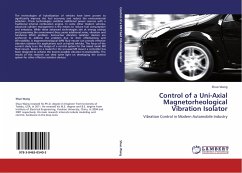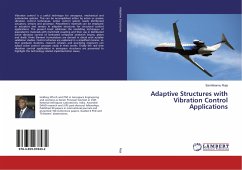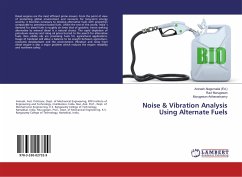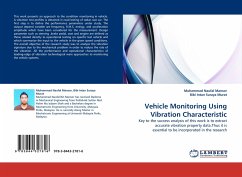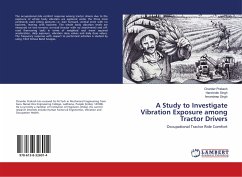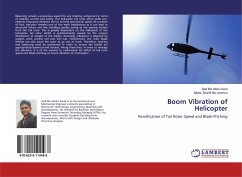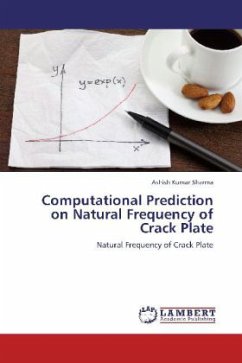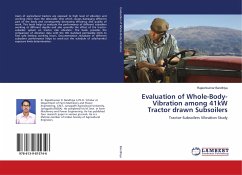The technologies of hybridization of vehicles have been proven to significantly improve the fuel economy and reduce the environmental pollution. These technologies combine additional power sources with a traditional internal combustion engine. In some other modern vehicles, advanced cylinder management is the means to reduce fuel consumption and emissions. While these advanced technologies aim at energy savings and preserving the environment they create additional noise, vibration and harshness (NVH) problem. Semi-active vibration isolation devices are preferred to address the problem due to their effectiveness and affordability. A magnetorheological (MR) fluid mount can provide effective vibration isolation for applications such as hybrid vehicles. The focus of the current study is on the design of a control system for the mixed mode MR fluid mount. Based on a model for the uni-axial MR mount a controller has been designed to achieve the lowest possible vibration transmissibility. The results of this research can shed some light on developing the control system for other effective isolation devices.
Bitte wählen Sie Ihr Anliegen aus.
Rechnungen
Retourenschein anfordern
Bestellstatus
Storno

